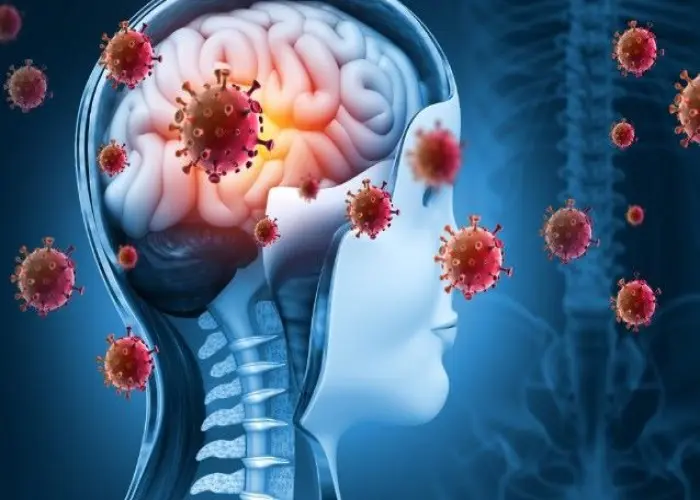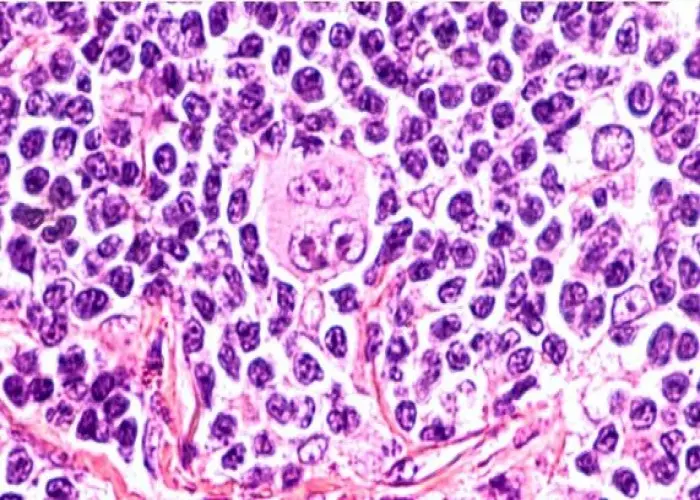 Welcome
Welcome
“May all be happy, may all be healed, may all be at peace and may no one ever suffer."
Narcissistic personality disorder

Narcissistic personality disorder (NPD) is a mental health condition characterized by a pervasive pattern of grandiosity, an excessive need for admiration, and a lack of empathy for others. Individuals with NPD tend to have an inflated sense of self-importance and may believe they are superior to others. They may also have a sense of entitlement and require constant attention and admiration.
People with NPD may struggle with relationships due to their self-centered behavior and inability to empathize with others. They may become angry or defensive when their behavior is challenged, and may be prone to envy, arrogance, and manipulation. NPD can also be associated with a lack of emotional regulation and a tendency to react negatively to criticism.
The cause of NPD is not entirely clear, but it may be related to a combination of genetic and environmental factors, including childhood experiences and trauma.
Diagnosis of NPD is typically made by a mental health professional based on a thorough evaluation of the person's symptoms and history. Treatment options for NPD may include psychotherapy, such as cognitive behavioral therapy (CBT), and sometimes medication for associated symptoms such as depression or anxiety. However, individuals with NPD may be resistant to treatment due to their belief in their own superiority and lack of self-awareness.
Research Papers
Disease Signs and Symptoms
- Mental disorder
- Experience major problems dealing with stress and adapting to change
- Have difficulty regulating emotions and behavior
- React with rage or contempt and try to belittle the other person to make themselves appear superior
- Have significant interpersonal problems and easily feel slighted
- Become impatient or angry when receiving special treatment
- Insist on having the best of everything for instance, the best car or office
- Behave in an arrogant or haughty manner, coming across as conceited, boastful and pretentious
- Be envious of others and believe others envy them
- Have an inability or unwillingness to recognize the needs and feelings of others
- Expect special favors and unquestioning compliance with their expectations
- Be preoccupied with fantasies about success, power, brilliance, beauty or the perfect mate
- Have secret feelings of insecurity, shame, vulnerability and humiliation
Disease Causes
Disease Prevents
Narcissistic personality disorder
Because the cause of narcissistic personality disorder is unknown, there's no known way to prevent the condition. However, it may help to:
- Get treatment as soon as possible for childhood mental health problems
- Participate in family therapy to learn healthy ways to communicate or to cope with conflicts or emotional distress
- Attend parenting classes and seek guidance from therapists or social workers if needed
Disease Treatments
Disease Diagnoses
Disease Allopathic Generics
Disease Ayurvedic Generics
Disease Homeopathic Generics
Disease yoga
Narcissistic personality disorder and Learn More about Diseases

Zika virus

De Quervain's tenosynovitis

Common cold in babies

Stomatitis

Spinal headaches

Encephalitis

Hodgkin's lymphoma (Hodgkin's disease)

Cavernous malformations
narcissistic personality disorder, নারকিসিসটিস পার্সোনালিটি ডিজঅর্ডার
To be happy, beautiful, healthy, wealthy, hale and long-lived stay with DM3S.
